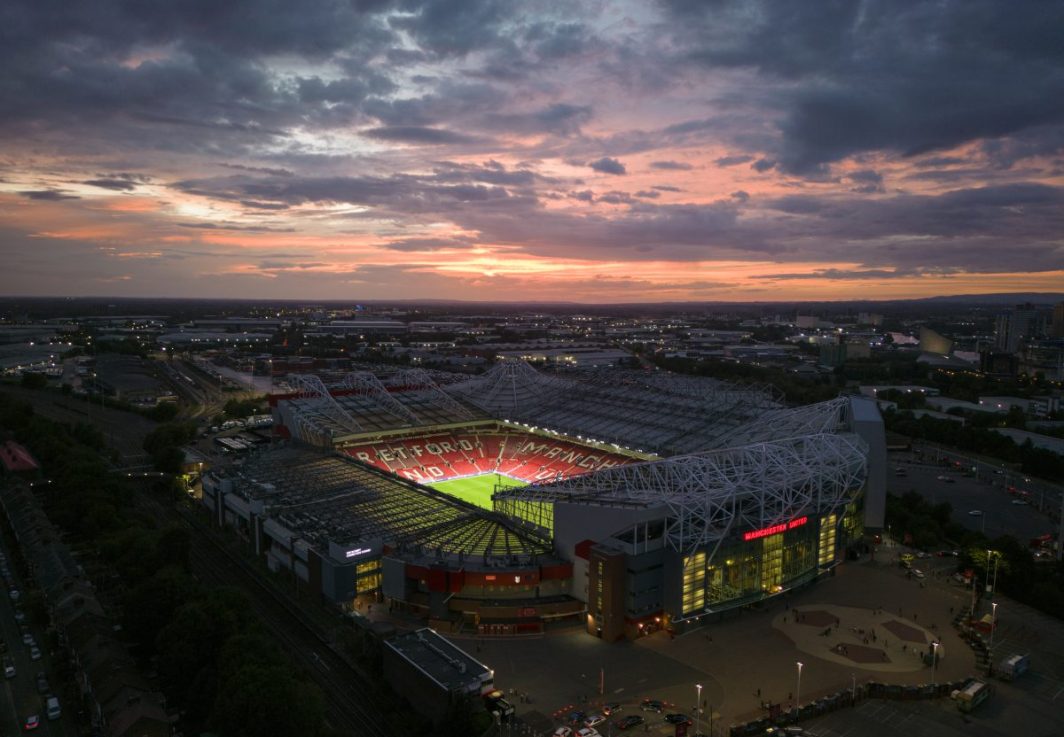Old Trafford development could be worth £7.3bn to UK economy each year
A new Old Trafford development could boost the UK economy by over £7bn per year should Manchester United’s masterplan become a reality. United, who last year had a 27 per cent stake in the club purchased by chemicals billionaire and Ineos founder Sir Jim Ratcliffe, are looking to spend £2bn on a new 100,000 capacity [...]


A new Old Trafford development could boost the UK economy by over £7bn per year should Manchester United’s masterplan become a reality.
United, who last year had a 27 per cent stake in the club purchased by chemicals billionaire and Ineos founder Sir Jim Ratcliffe, are looking to spend £2bn on a new 100,000 capacity stadium to replace a rotting Old Trafford.
The renderings, released on Monday, show an additional 50-plus buildings in the area surrounding the proposed new Old Trafford.
Oxford Economics suggest a complete regeneration of the area could be worth £7.3bn to the UK economy each year with a long-term growth legacy; including 92,000 jobs, nearly 20,000 new homes and almost 2m annual visitors.
Old Trafford a stadium for the north?
Ratcliffe previously said the project would centre on a “Stadium for the North” and initially asked for public funding to help construction but the club’s stance on asking the UK Government for aid has changed, according to the Mail.
“What you have here is huge potential to fix the rail system of the north-west of England,” Manchester mayor Andy Burnham said after plans showed the possibility of unlocking growth through shifting a freight terminal. “It’s an incredible opportunity right in front of us and Manchester United have created the catalyst to try and realise all these benefits.”
Added Burnham: “It could be the catalyst for growth across the North West.
“This scheme could also bring benefits to the Liverpool City Region. They have plans for a major strategic rail interchange just off the M6 in St Helens.
“If we relocate the freight behind the current Old Trafford, that will help that scheme go forward.”
Foster + Partners – behind the Gherkin in London, the Hearst Tower in New York City and the 1990s renovation of the Reichstag in Berlin – are the lead architects for the redevelopment.



